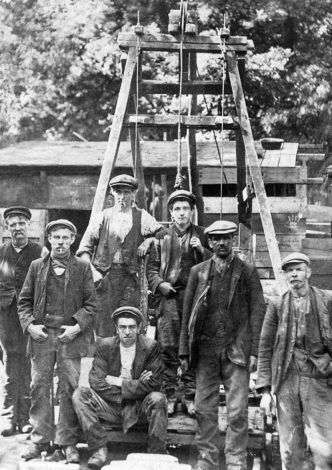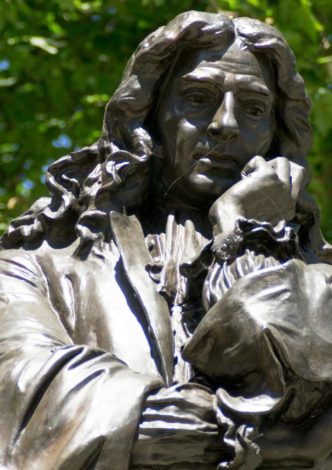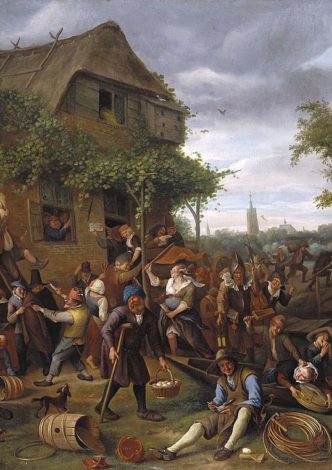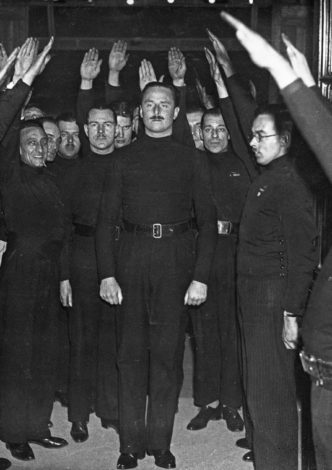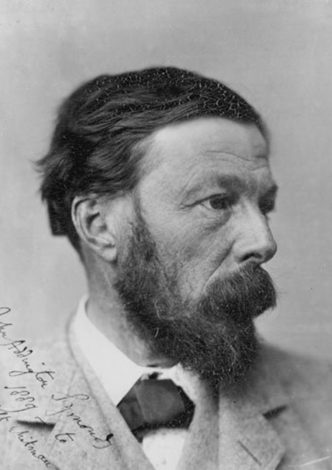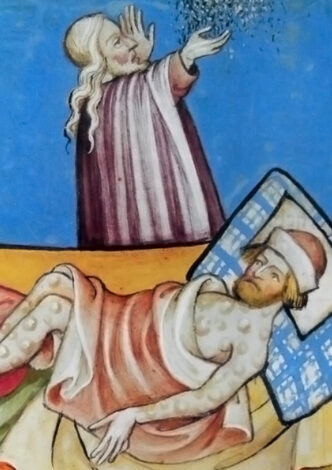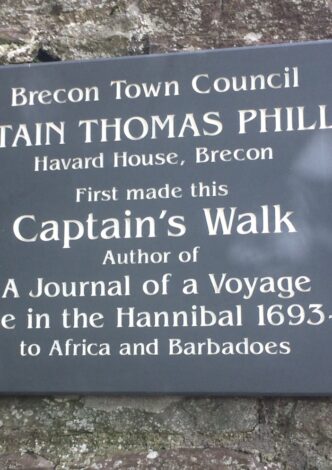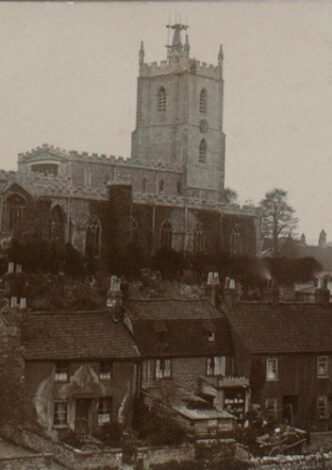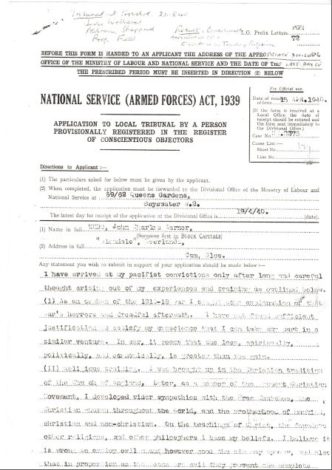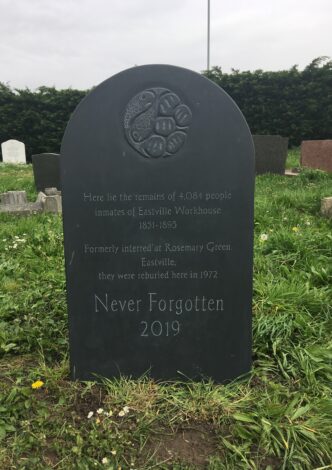Recent years have seen the growth of sub-contracting, piece work, self-employment, daywork, zero-hour contracts, minimum wages and the use of agencies in the never-ending attempt by capital to reduce the cost of labour. This is an account of the use of sub-contracting in the mining industry in the Forest of Dean 1922 – 1938. It examines the impacts of the system on workforce cohesion and solidarity as well as the extent to which it succeeded in increasing the rate of exploitation of the […]
A silent clause When Edward Colston died in 1721 we can be fairly certain that before long his body had disintegrated into dust. To talk of Colston, therefore, is meaningless unless we recognise that our knowledge of that long dead figure will always be dependant upon how we read, interpret and understand the historical record which is made up of histories, biographies, memoirs, documents, images, statues and artefacts. And because most of the historical record was created, constructed, produced […]
The phrase “the moral economy” was first used by E. P. Thompson, within the essay of the same name. He explained it as was part of a long change in economic and community relations. As Britain industrialised at speed, there was a change from a paternalistic rural economy, to a free market guided by the ideology of Adam Smith. The moral economy related to part of the resistance from the labouring poor during these economic and social upheavals. This was community based, with a crowd of people […]
The Second World War in Europe is often presented as a war against fascism though this is conflated with a war against the nations of Germany and Italy and by default with Germans and Italians. The VE day celebrations today will be presented as those of a nation united against the Nazis. However, numerous anti-fascist Germans or Italians were interned in poor conditions in the UK whilst the British fascist leader Oswald Mosley, although interned, was better treated and released early. Upon the […]
I have been interested, for some time now, in the writings of John Addington Symonds (1840-1893) mainly because of my researches into the legal censoring and subsequent bibliographical history of Volumes 1 and 2 of Havelock Ellis’s six volume Studies in the Psychology of Sex [Studies]. Symonds collaborated with Ellis on Sexual Inversion (homosexuality), which was originally Volume 1 of Studies and that volume is now considered an important if not foundational text in the early history of […]
‘Alas when our relatives and neighbours came to welcome us, whole we were embracing them and in the midst of our kisses, we, who carried the arrows of death were constrained to give them the poison, so that when they returned home, soon whole families were infected and in less than three days succumbed to the attacks’. Although there appears to be very few primary sources recounting the consequences and changes inflicted upon the population of Bristol during the era of the Black Death a few rare […]
In the Welsh town of Brecon, upon an old wall, along Captains Walk (a name based on a fiction), is a slate plaque commemorating the life of a slave trader who resided in the town. The plaque was commissioned by Brecon Town Councillors in 2009, erected in October 2010 (during Black History Month), and makes no reference to the fact that Captain Phillips was a 17th century slaver. Captain Thomas Phillips was the commander of the infamous slave ship the Hannibal in the 1690s. He was directly […]
In November, 2019 Louise Ryland-Epton gave an engaging talk entitled ‘By Pity and by Terror? A Contrary View of Workhouses’ at the M Shed, Bristol as part of the UWE Regional History Centre series of talks. As I had read and examined reports on shocking victimisation, neglect, exploitation and dehumanising treatment of later workhouse inmates I was intrigued to hear about an alternative, pre 1834 Poor Law Act, workhouse erected in Westbury-on-Trym. We are all familiar with the many indignant […]
Foreword During the Second World War, over 60,000 men and 1,000 women applied to register as conscientious objectors (COs) in England, Wales and Scotland. Although this was at least three times as many as in the First World War; it has remained something of an under reported history. The experience of First World War and Second World War COs vary in a number of ways. Sympathetically framed legislation and the fact that the tribunals came under the auspices of the Ministry of Labour rather than […]
Our dead are never dead to us, until we have forgotten them Introduction One evening in 2010 some members of Bristol Radical History Group (BRHG) were poring over some old maps of Eastville and discovered a forgotten burial ground at Rosemary Green, just round the corner from where they lived. Further investigation showed that the site was in fact the burial ground for Eastville Workhouse at 100 Fishponds Road, an enormous institution that had opened in 1847 and whose buildings were demolished […]
